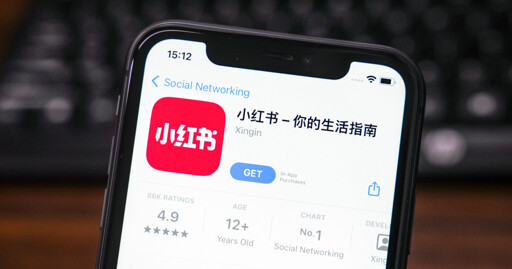

Bernie Sanders, the Justice Democrats, the Working Families Party, and Democratic Socialists of America (DSA) are a failed experiment.
We need an independent grassroots movement by and for the working class.
Check out Workers Strike Back.
For those interested:
We need to build an organized, unified movement of working people to systematically take on the rich who run society, and to undermine their ability to rule. Our goal must be to both fight for radical change in the present and to bring down the billionaires and their system. There is no other path to avoid total disaster for human civilization and the planet.
Working people need to be clear about who our enemies are. Our enemies are not other working-class or middle-class people, immigrants, the poor, Muslims, trans people, ordinary Republican or Democratic voters, nor independent voters or nonvoters. Our enemies are those who make millions or billions of dollars a year, own the politicians, own the land and resources, and who call the shots in this system. Our enemies are also those who justify and protect the interests of the rich.
The billionaires themselves are fully responsible for the disasters engulfing us — Elon Musk, Jeff Bezos, the healthcare CEOs, the major shareholders on Wall Street. It is not some collective “we” or “human nature” which is responsible; it’s the rich who put their profits ahead of everything and everyone. We need to end the billionaire class and their system once and for all.[1]


















I see Richard Wolff; I upvote.